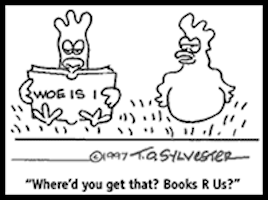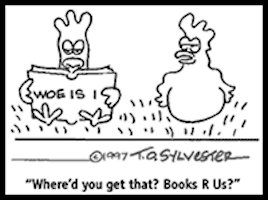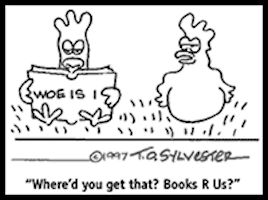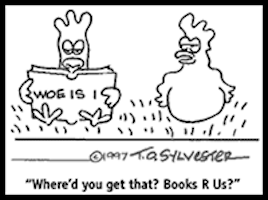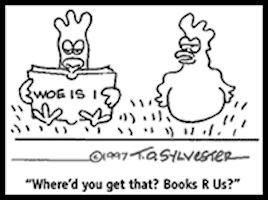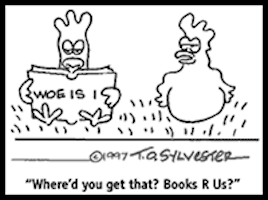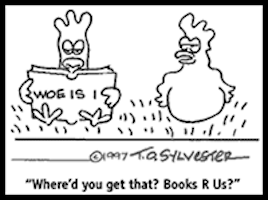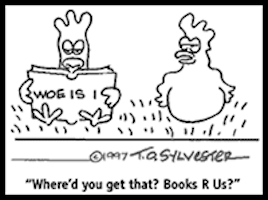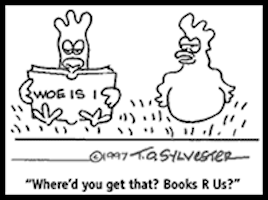Hunger pangs or pains?
Q: What is the difference between a “hunger pang” and a “hunger pain”? I see both terms, but I can’t find them in my dictionary. A: “Pain” is an older, broader term than “pang,” but people use “hunger pains” and “hunger pangs” pretty much the same way—for the feeling ofContinue Reading
